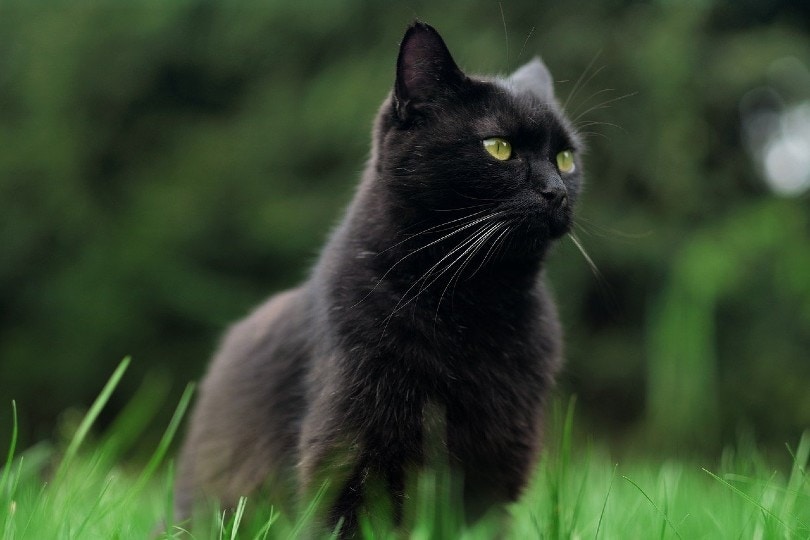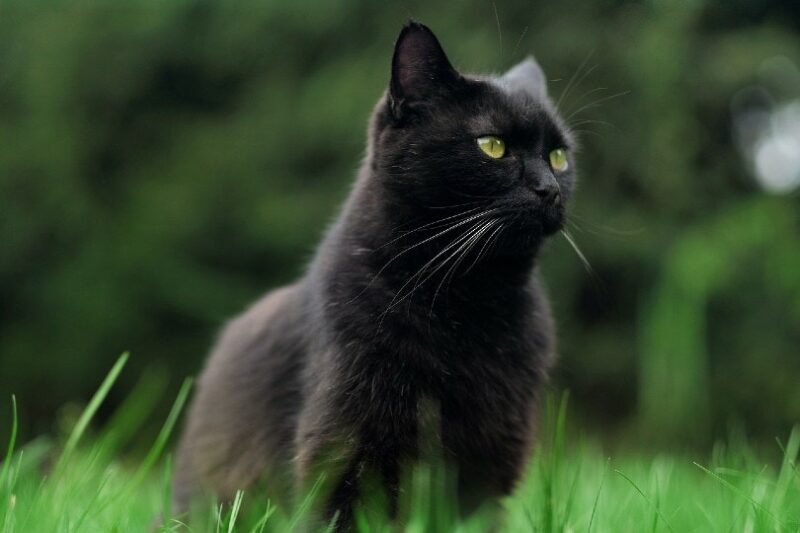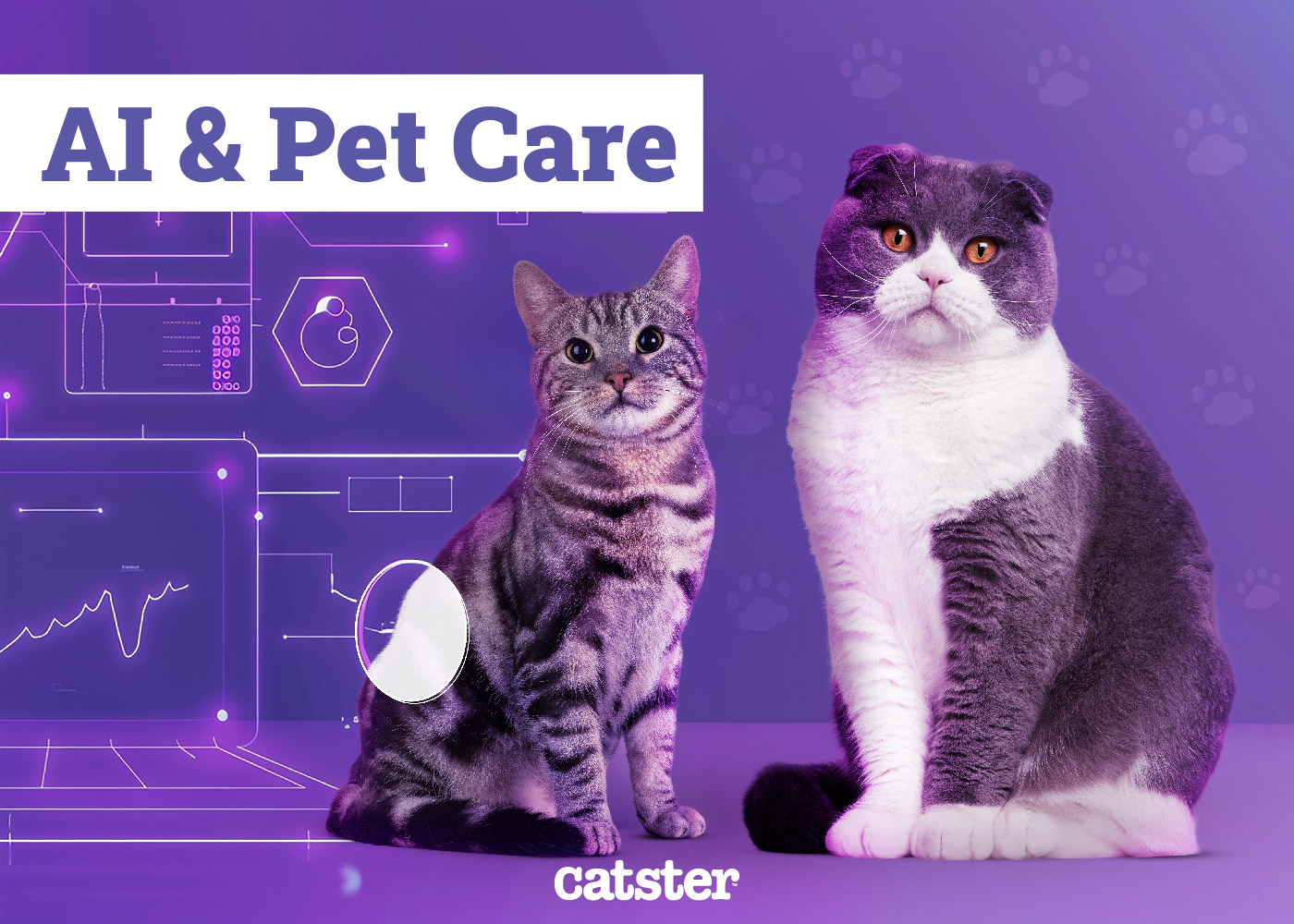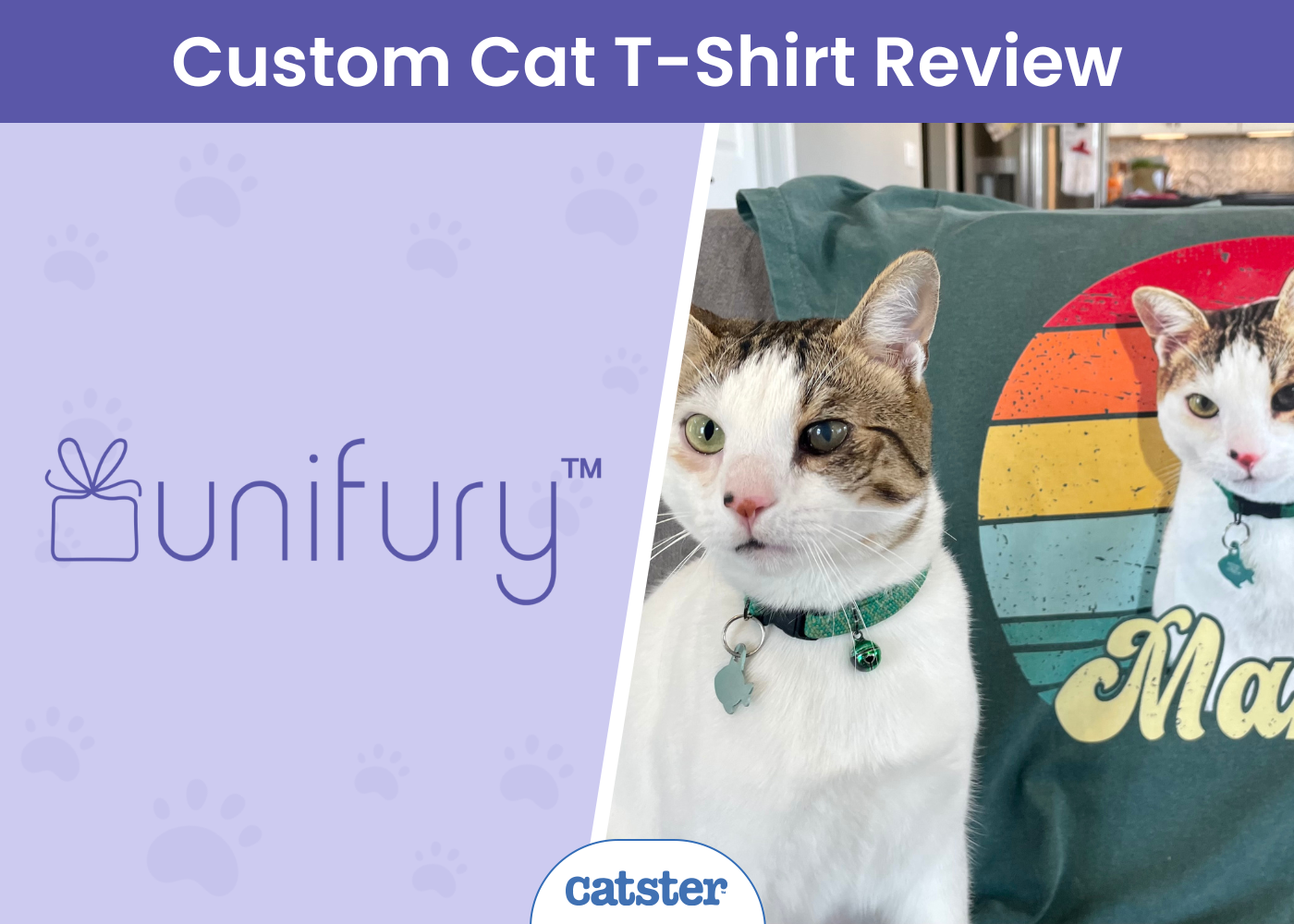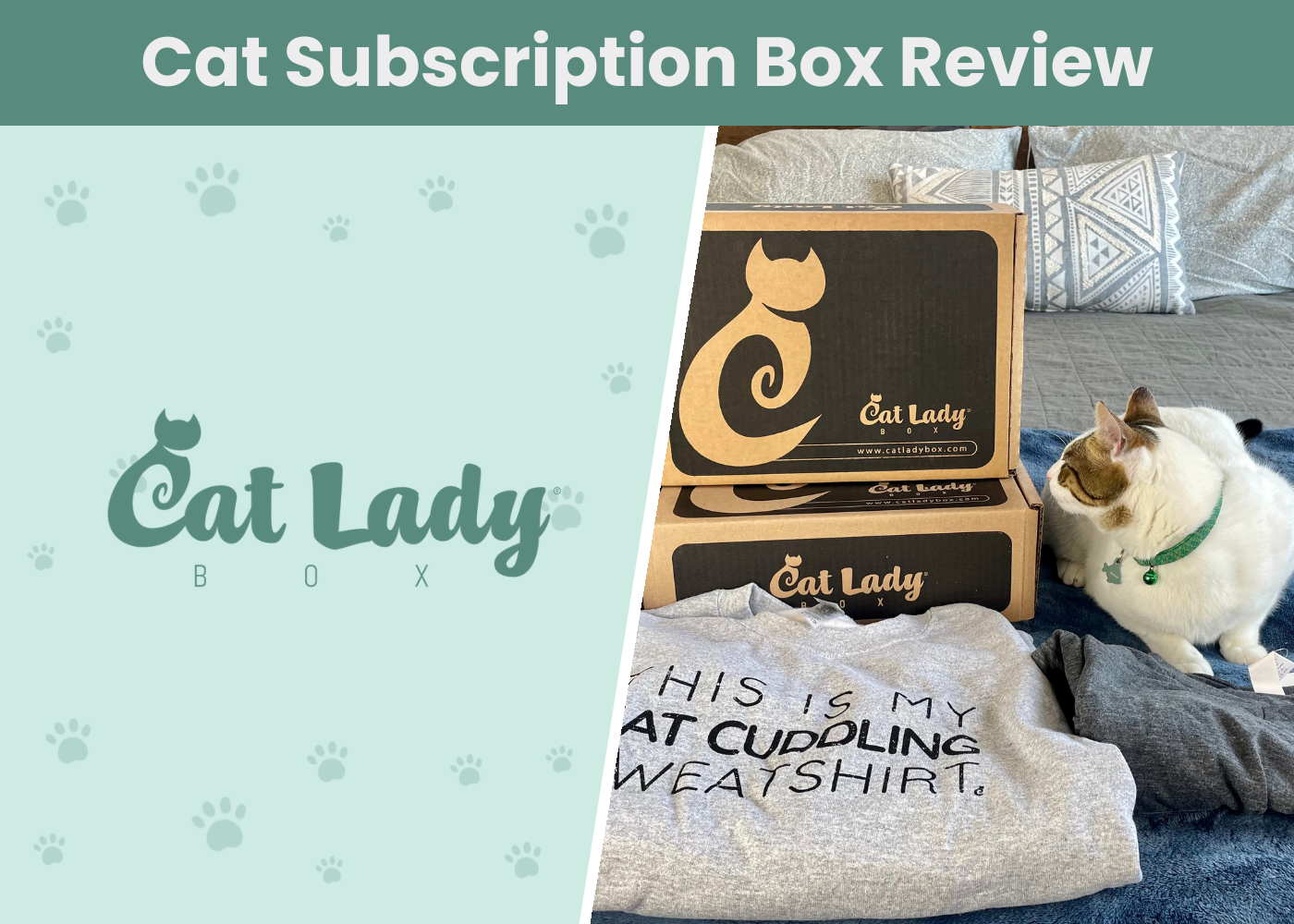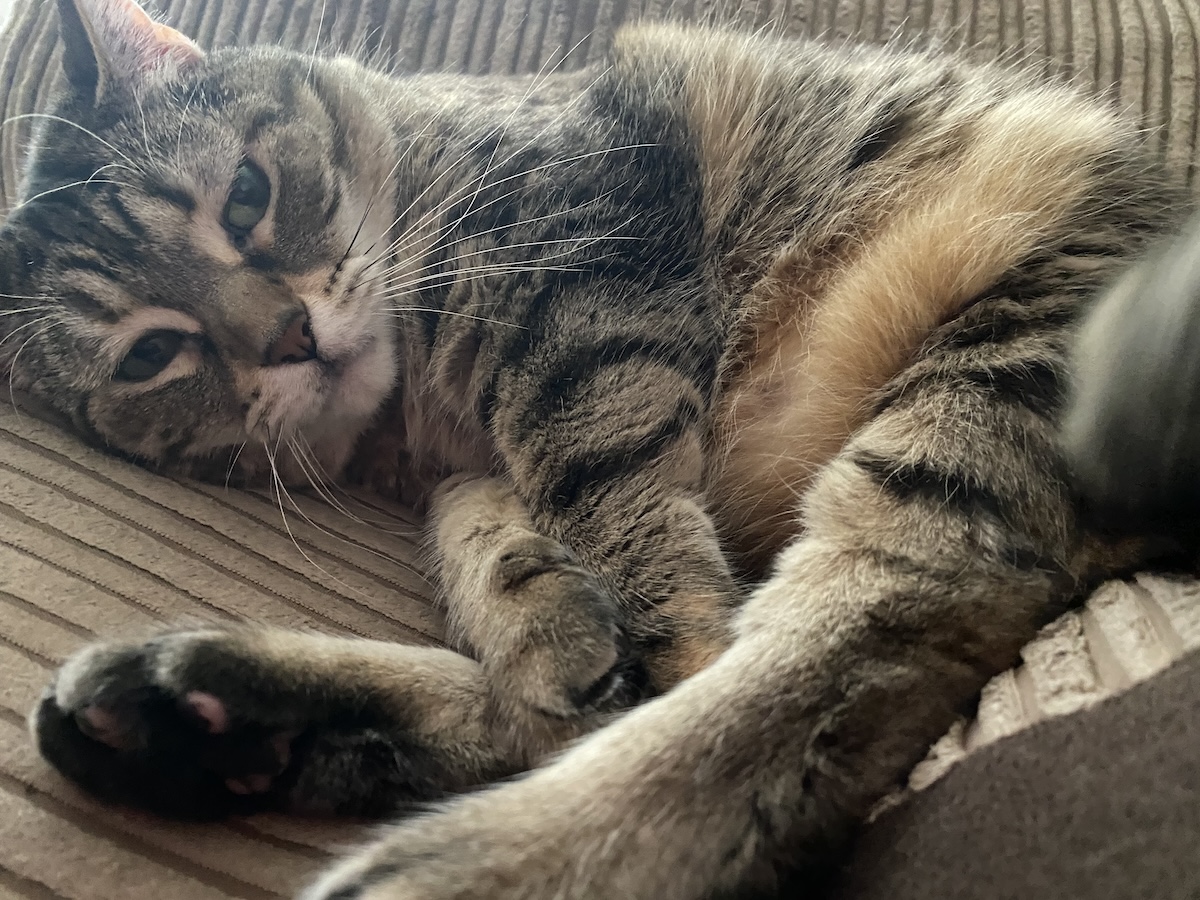We’ve all heard the old belief that black cats are bad luck. They were long associated with witchcraft in puritanical societies, often leading to them being dumped or killed. However, many people don’t realize that there are many cultures that believe that black cats are actually good luck charms. While black cats may suffer in some parts of the world, there are many areas that celebrate these beautiful animals.
The 10 Ways Black Cats Are Lucky Around the World
1. Wedding Gift
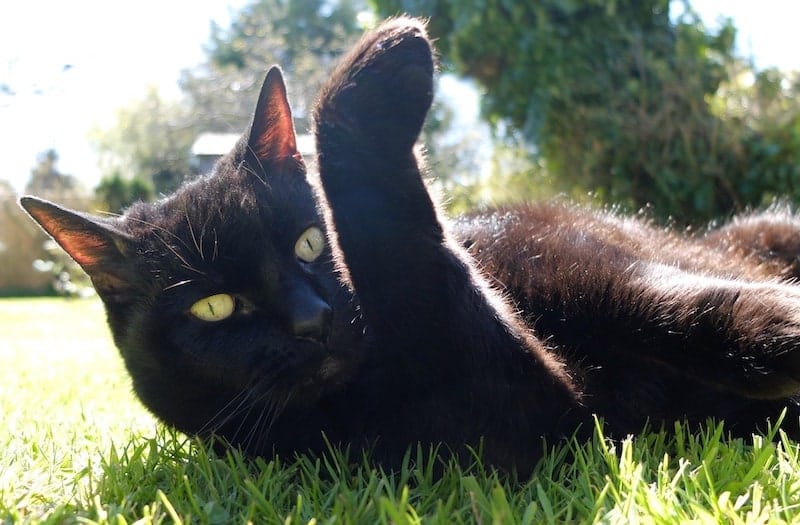
| Origin | England |
In England, there is a belief that giving a bride a black cat on her wedding day will bring good luck and longevity to the marriage. This is also associated with a belief that having a black cat in the home will help to ward off evil spirits. While giving a cat as a gift isn’t always ideal, this belief does still exist.
2. Prosperity
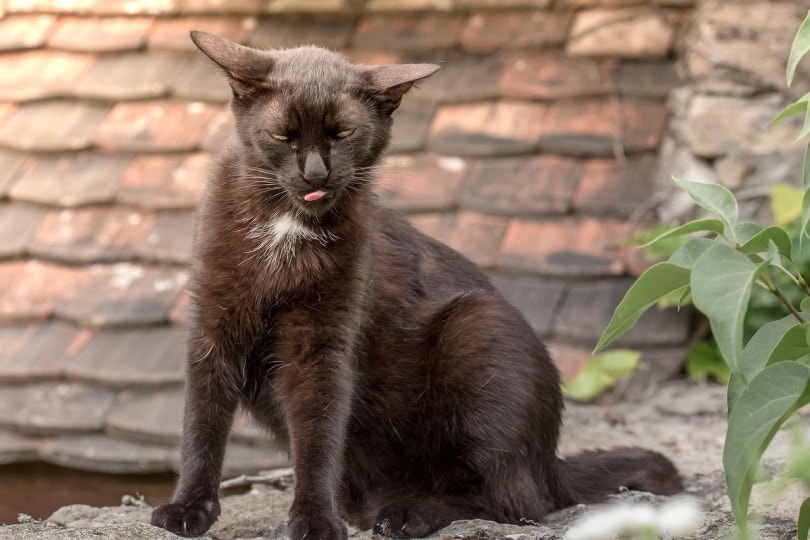
| Origin | Scotland |
The Scottish have a belief that if a black cat shows up at your doorstep, then they will bring with them prosperity and success. Black cats are considered lucky and are usually associated with positive things, as well as being given credit if someone becomes unexpectedly prosperous after finding a black cat.
3. Magic and Treasure
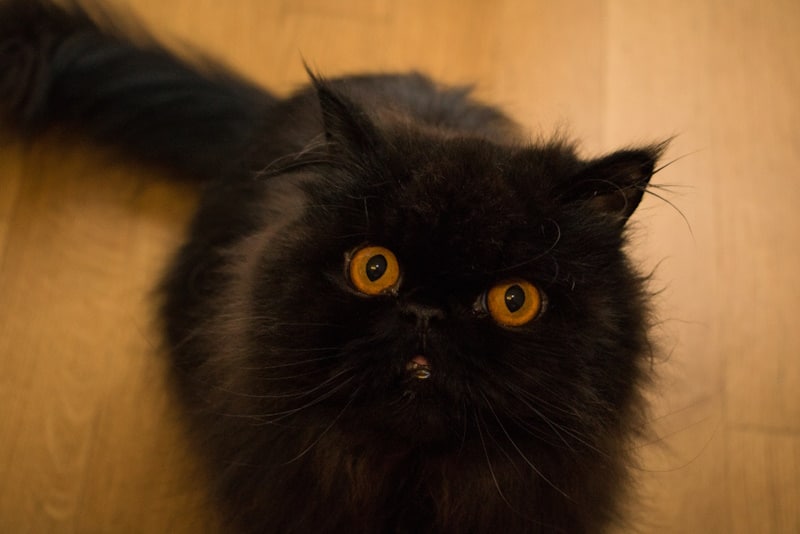
| Origin | France |
Magician cats, also called “matagots” in French, are a sign of good luck to the French. It’s believed that feeding a black cat or treating them with respect and kindness will guarantee good luck to that person from the magic of the cat. Owning a black cat may increase the likelihood of good luck coming from the cat, but anyone who is kind to black cats may experience good luck also. Some people also believed that following a black cat would lead them to treasure.
4. Good Weather
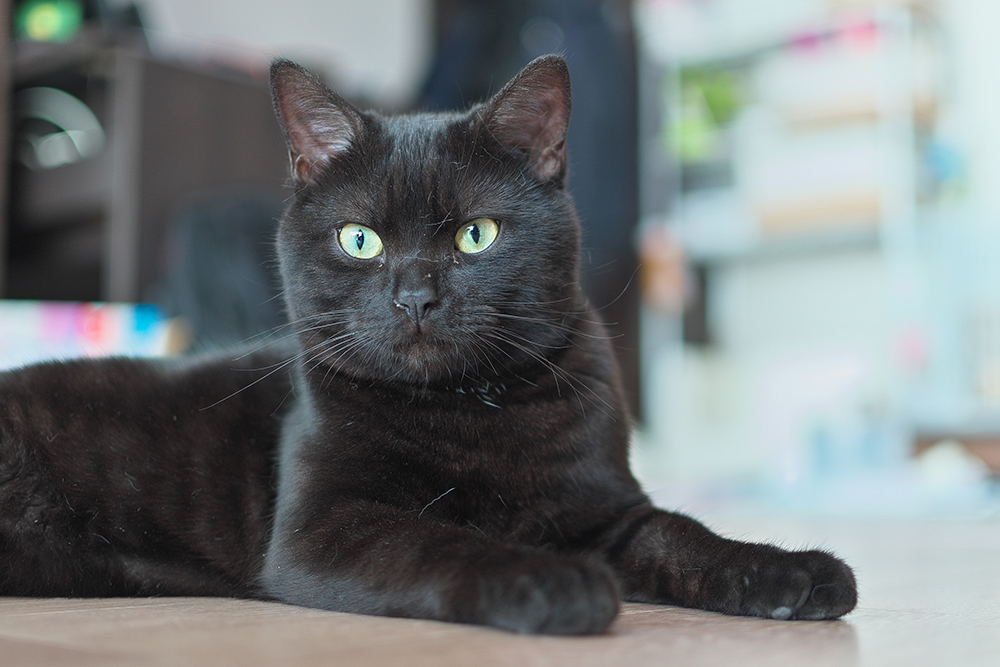
| Origin | England |
Sailors in England once believed that black cats brought good luck and good weather to their travels. In some cases, crossing paths with a black cat was enough to rub good luck onto the sailor, but many sailors believed that the presence of a black cat or two on the ship would guarantee safe passage.
Cats had a dual purpose as vermin catchers, which helped protect whatever goods were being shipped. Black cats were so valuable to sailors that they were often priced very high, making them unaffordable for less fortunate sailors.
5. Sneezes and Good Luck
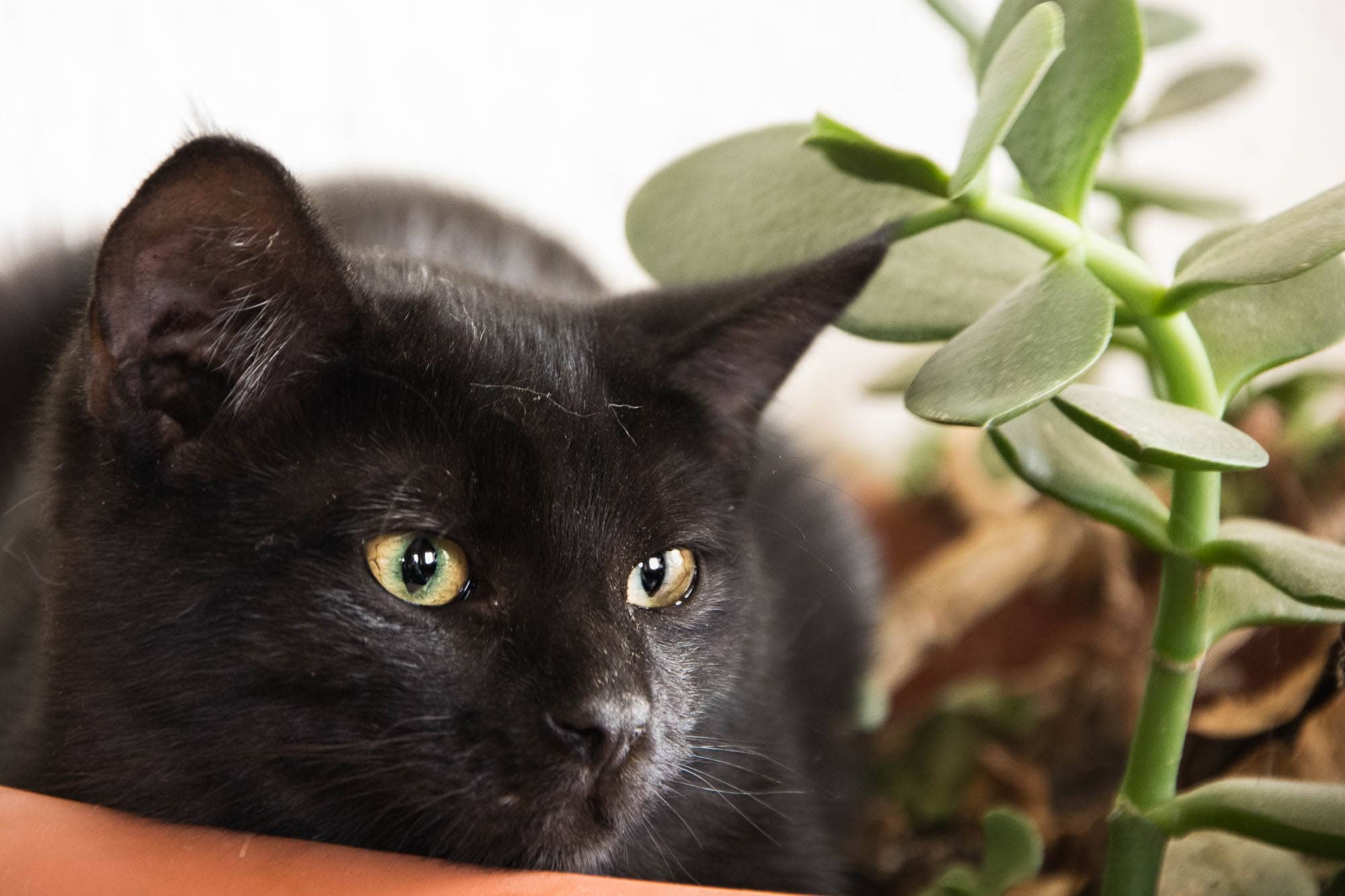
| Origin | Italy |
In Italy, there is a belief that a sneezing black cat will bring good luck. All you have to do is hear a black cat sneeze and you can expect a streak of good luck for a while afterward.
6. Health and Fertility
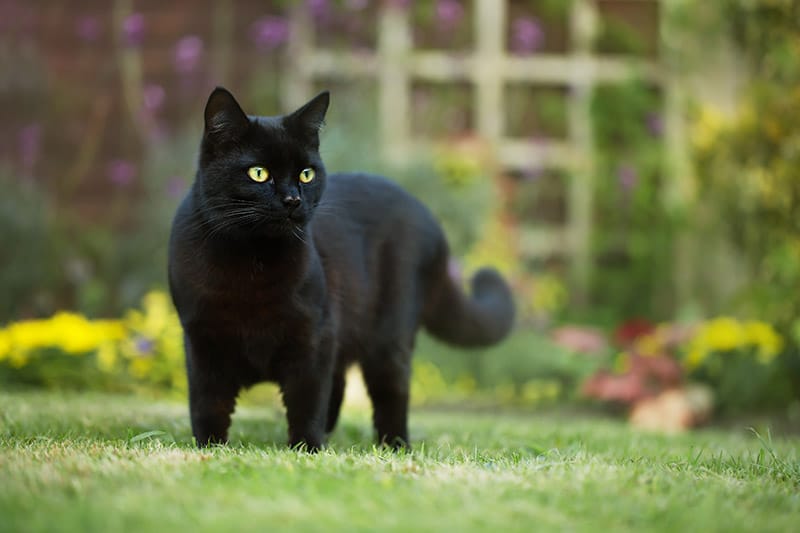
| Origin | Egypt |
The ancient Egyptians held all cats in high esteem, but black cats were often held in the highest esteem because of their similar appearance to the black cat-headed goddess, Bastet. Bastet was the goddess of health and protection from disease, fertility, and the home.
Cats were also viewed by the ancient Egyptians as excellent at warding off disease and evil spirits. This is because cats would often keep vermin populations under control, increasing the yield of food and reducing the spread of diseases, which were often associated with evil spirits.
7. Mythology
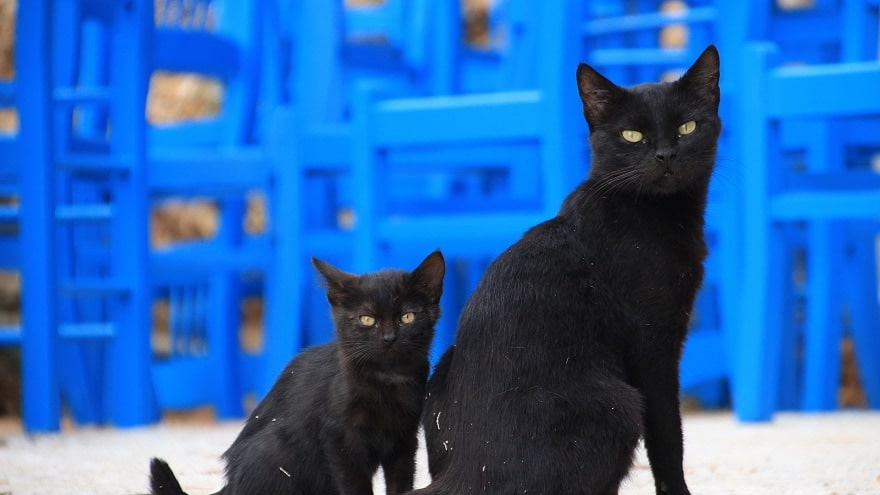
| Location | Scandinavia |
The ancient Norse people believed that two black cats pulled the chariot of the goddess, Freya. Freya was much loved as the goddess of beauty, fertility, and love. It was common for farmers of the time to leave bowls of milk in their fields for Freya’s cats. This helped to ensure they would have the blessing of a good harvest.
8. Luck and Love
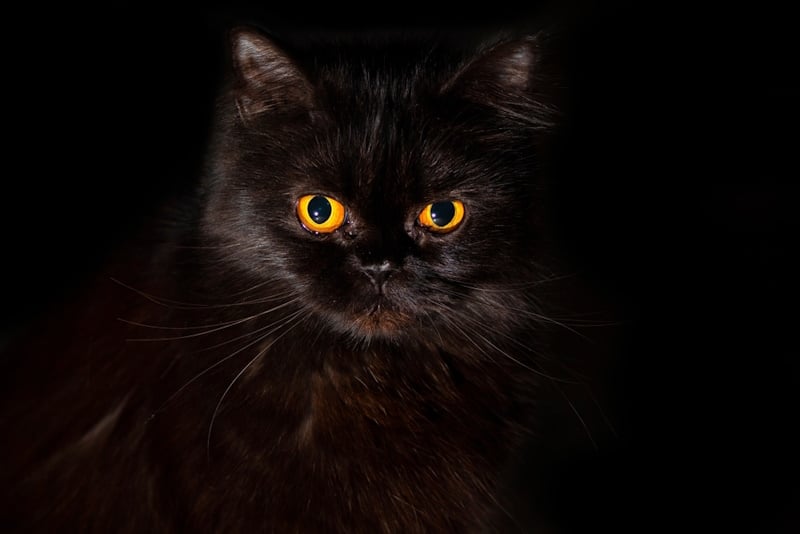
| Origin | Japan |
In Japan, black cats are viewed as an excellent sign of good luck. Some people believe that crossing paths with a black cat will give them luck in their love life, while other people believe they will simply become luckier. When crossing paths with a black cat, some people will say, “konnichiwa,” which is a friendly greeting similar to “hello.” For those who speak to black cats, they will be able to take control of their own luck.
9. Force for Good
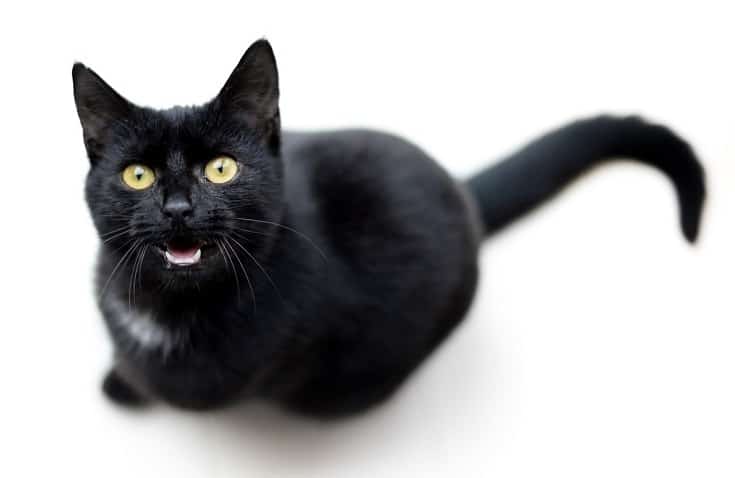
| Origin | China |
In China, many people believe in the power of Feng Shui. In Feng Shui, black cats are considered to be a force for good, bringing luck and happiness to the people around them. Black cats may also serve as a form of protection, ensuring the safety of the people in the home. In lieu of a real black cat, a figurine of a black cat that is facing toward the north is believed to keep evil spirits and negative energy at bay.
10. Good Luck

| Origin | Theater Communities |
This particular belief doesn’t belong to a specific location; rather, it belongs to the theater community at large. Many actors and other members of the theater believe that the presence of a black cat during a performance will lead to a successful performance and prosperous show run. The magic of the black cat seems to be the strongest if they’re present on the opening night of the show.
Conclusion
It’s reassuring to know that many people around the world love and have loved black cats. Finding the good in these beautiful kitties instead of focusing on their negative associations is a great way to help cats in shelters and rescues find permanent homes. Learning more about the positive beliefs surrounding black cats can help to reduce the stigma around black cats.
See Also:
- Interesting Facts About Maneki Neko (Lucky Cats or Fortune Cats)
- Are Cat Whiskers Good Luck? 5 Myths and Superstitions Surrounding Cat Whiskers
- Has a Black Cat Ever Been Your Lucky Talisman?
Featured Image Credit: xiclography_Pixabay

